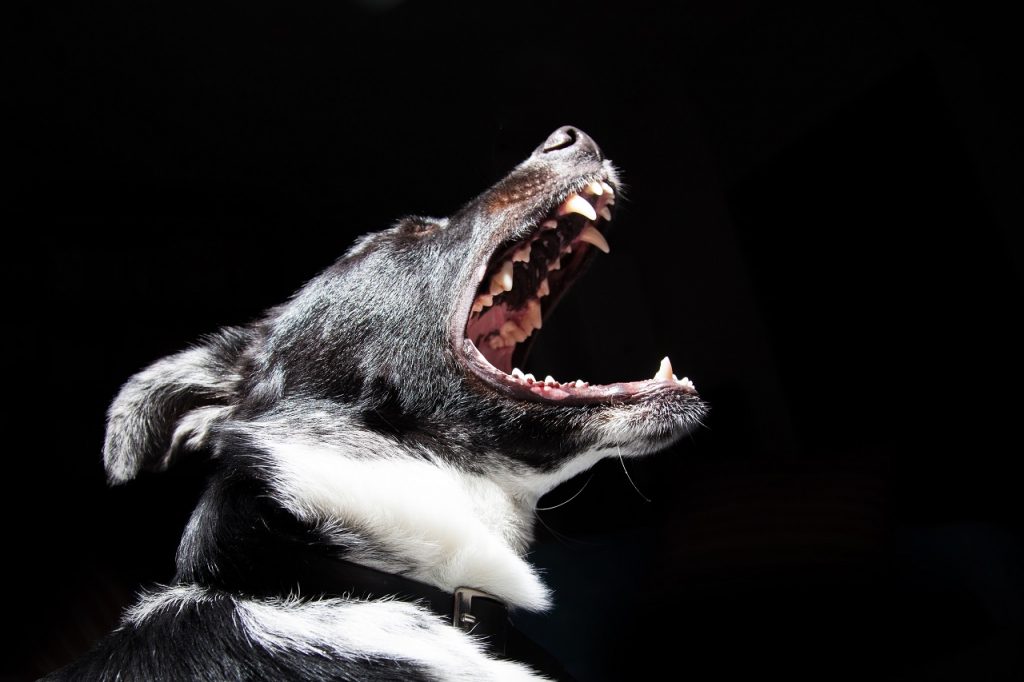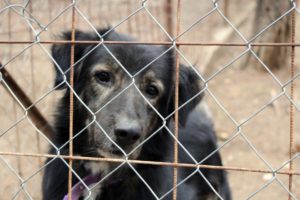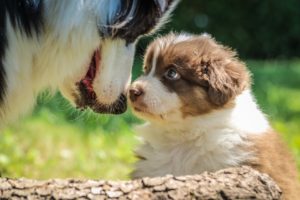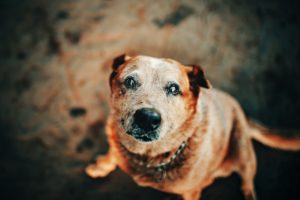Does Banning Specific Dog Breeds Improve Public Safety?

I think that most responsible people can agree with a law that makes it a crime for an owner to allow any dog “to be dangerously out of control.” However the law in the UK took an action which many dog owners and dog organizations find offensive — namely the banning of specific breeds of dogs.
We hear it on the news, a little too often for comfort. A dog, or a pack of dogs, has mauled a someone. The result is never pleasant.
Most of us are responsible dog owners. We would agree with a law making it a crime to for any owner to allow any dog to be ‘dangerously out of control.’ The responsibility then lies with the owner, not with the dog.
In the United Kingdom, the ‘Dangerous Dogs Act’ was introduced in 1991. Section 1 of this Act includes the so-called Breed-Specific Legislation (BSL), which names specific breeds of dogs as being dangerous, and makes it illegal to own, sell, breed, give away or abandon specific breeds/types of dog regardless of the animal’s behaviour or temperament.
These breeds are, thankfully, reserved to four dog breeds known to be bred for fighting. The Pit Bull terrier, Japanese Tosa, Dogo Argentino, and the Fila Brasileiro. The act permits officers to confiscate an animal simply because it ‘looks like’ one of the banned breeds. After proving themselves to be ‘fit and proper’, owners can face a long, expensive battle to retrieve their pet.
A recent investigation of the efficacy of this Act pointed to an RSPCA statistic, showing that of the 30 people killed by dogs in the UK between 1991 and 2016, 70% of them resulted from attacks by dogs not on this ‘banned’ list.
Perhaps the question we should ask, given all of this, is should we be worried for our breeds?
POSTED IN Featured · Photo Credit







